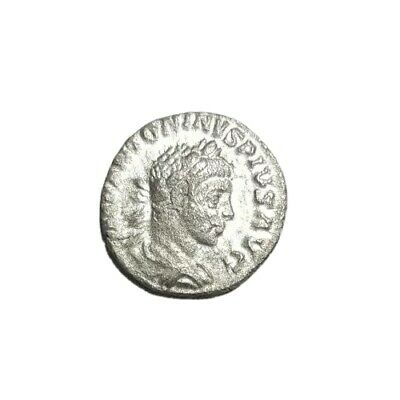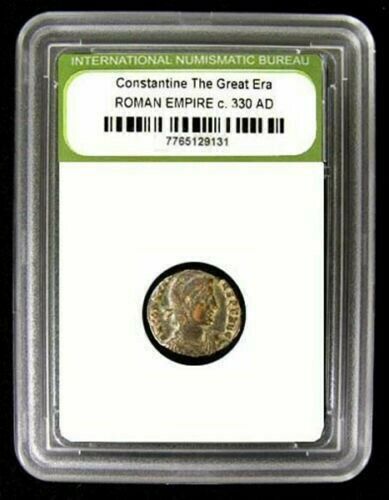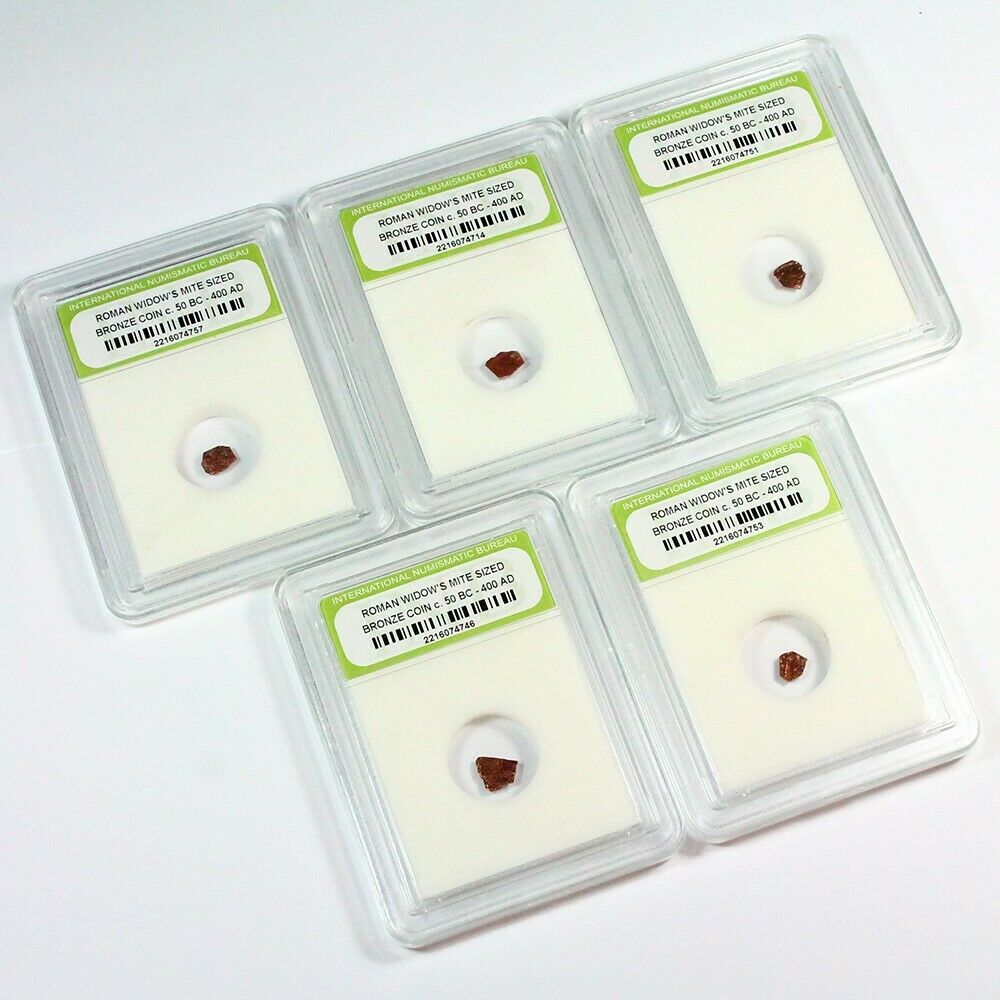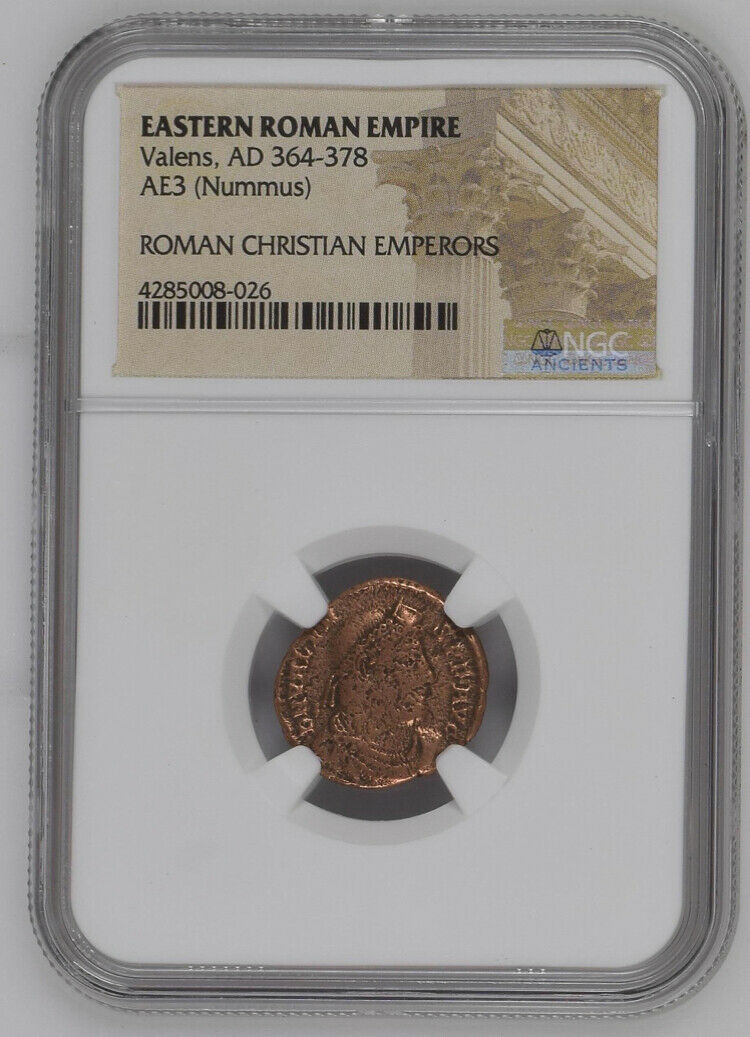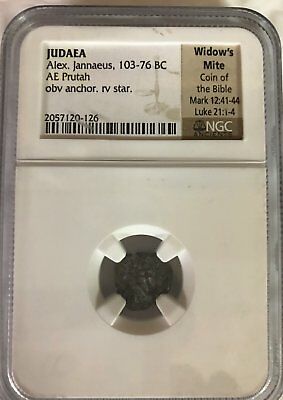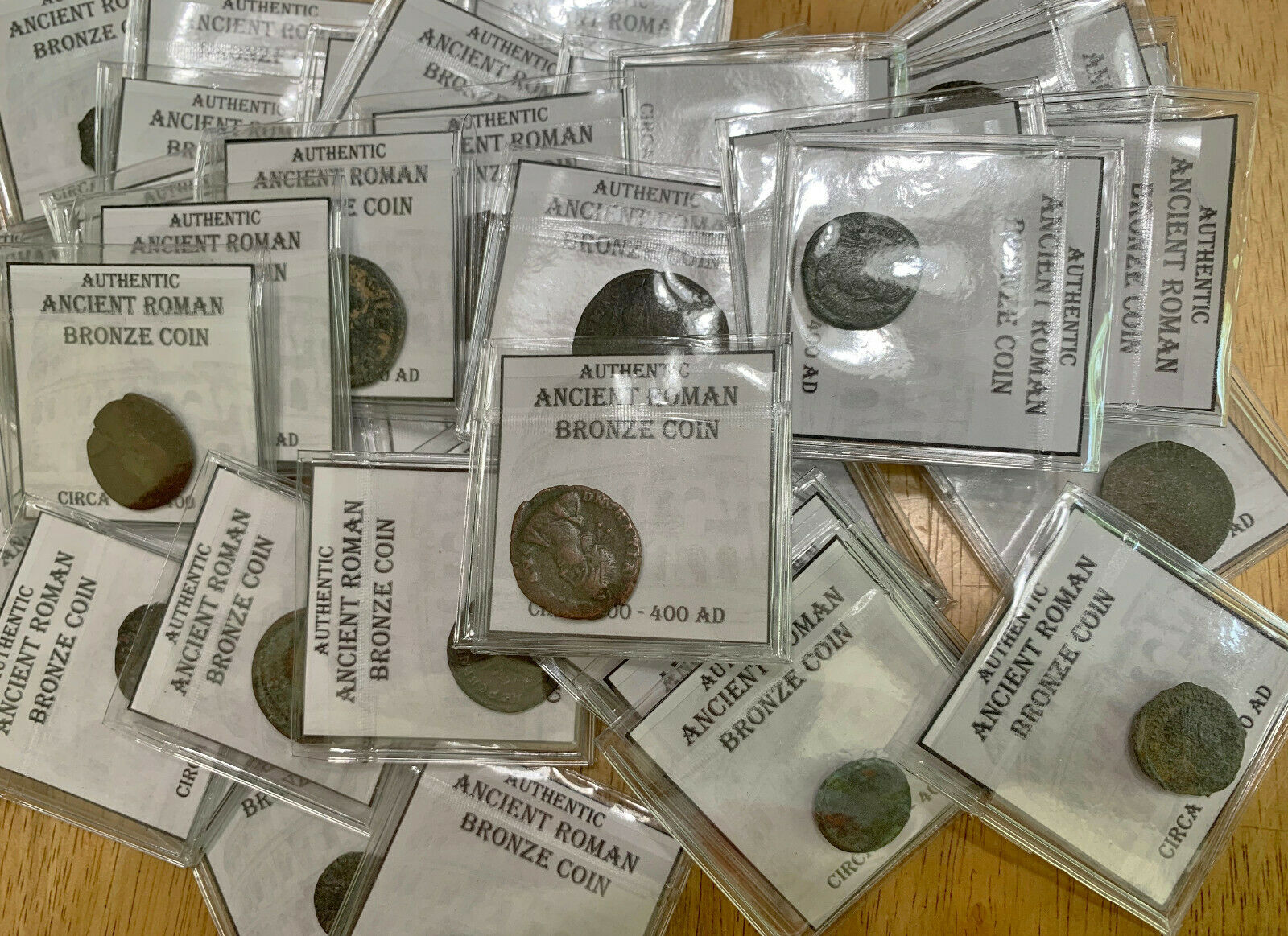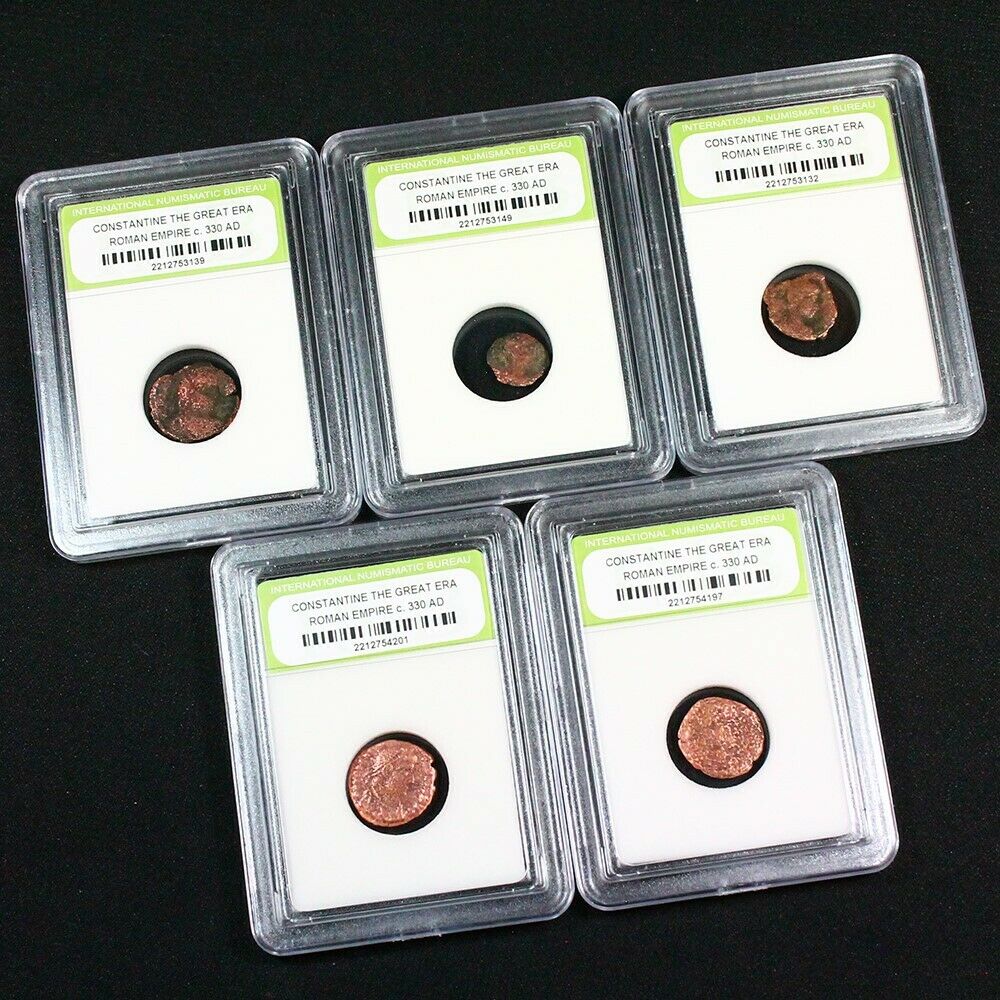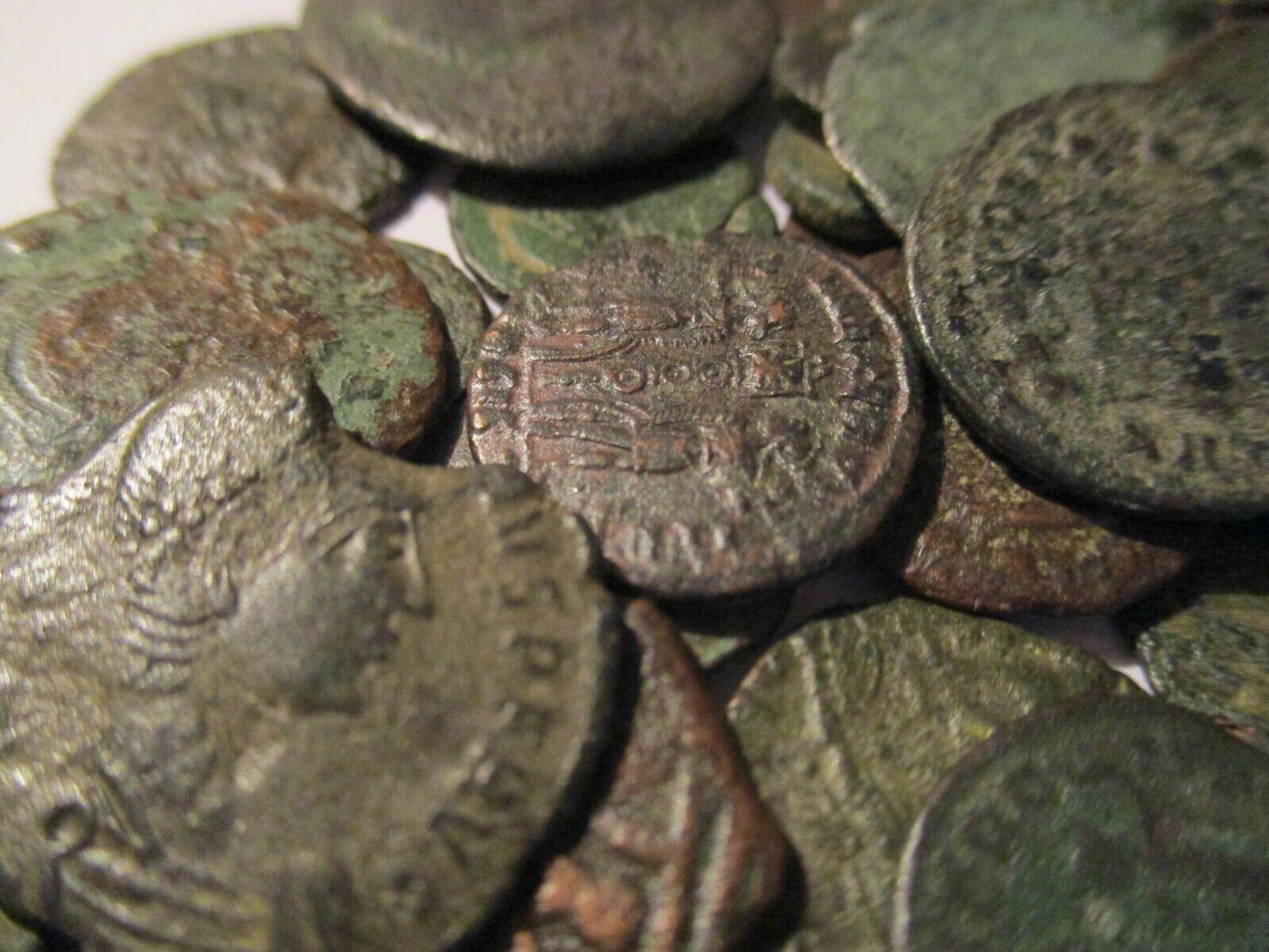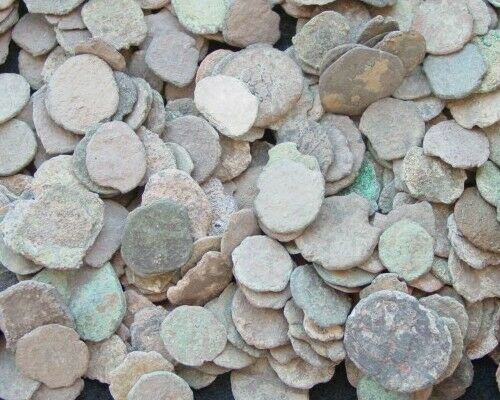-40%
Roman scarce coin.Emperor Caracalla.Lot 304
$ 68.64
- Description
- Size Guide
Description
Roman scarce coin.Emperor Caracalla.Lot 304. Shipped with USPS First Class.Weight:2.20 gm
Size:18 mm
Certificate of Authenticity included
Caracalla (/ˌkærəˈkælə/ KARR-ə-KAL-ə; 4 April 188 – 8 April 217), formally known as Antoninus (Marcus Aurelius Antoninus), was Roman emperor from 198 to 217. He was a member of the Severan dynasty, the elder son of Septimius Severus and Julia Domna. Co-ruler with his father from 198, he continued to rule with his brother Geta, emperor from 209, after their father's death in 211. His brother was murdered by the Praetorian Guard later that year, supposedly under orders from Caracalla himself, who then reigned afterwards as sole ruler of the Roman Empire. He found administration to be mundane, leaving those responsibilities to his mother, Julia Domna. Caracalla's reign featured domestic instability and external invasions by the Germanic people.
Caracalla's reign became notable for the Antonine Constitution (Latin: Constitutio Antoniniana), also known as the Edict of Caracalla, which granted Roman citizenship to all free men throughout the Roman Empire. The edict gave all the enfranchised men Caracalla's adopted praenomen and nomen: "Marcus Aurelius". Domestically, Caracalla became known for the construction of the Baths of Caracalla, which became the second-largest baths in Rome; for the introduction of a new Roman currency named the antoninianus, a sort of double denarius; and for the massacres he ordered, both in Rome and elsewhere in the empire. In 216, Caracalla began a campaign against the Parthian Empire. He did not see this campaign through to completion due to his assassination by a disaffected soldier in 217. Macrinus succeeded him as emperor three days later.
The ancient sources portray Caracalla as a tyrant and as a cruel leader, an image that has survived into modernity. Dio Cassius (c. 155 – c. 235) and Herodian (c. 170 – c. 240) present Caracalla as a soldier first and an emperor second. In the 12th century, Geoffrey of Monmouth started the legend of Caracalla's role as the king of Britain. Later, in the 18th century, the works of French painters revived images of Caracalla due to apparent parallels between Caracalla's tyranny and that ascribed to Louis XVI of France.Modern works continue to portray Caracalla as an evil ruler, painting him as one of the most tyrannical of all Roman emperors.
Names
Caracalla's name at birth was Lucius Septimius Bassianus. He was renamed Marcus Aurelius Antoninus at the age of seven as part of his father's attempt at union with the families of Antoninus Pius and Marcus Aurelius. According to the 4th century historian Aurelius Victor in his Epitome de Caesaribus, he became known by the agnomen "Caracalla" after a Gallic hooded tunic that he habitually wore and made fashionable. He may have begun wearing it during his campaigns on the Rhine and Danube. Dio generally referred to him as Tarautas, after a famously diminutive and violent gladiator of the time.
Early life
Caracalla was born in Lugdunum, Gaul (now Lyon, France), on 4 April 188 AD.He had a slightly younger brother, Geta, with whom Caracalla briefly ruled as co-emperor. Caracalla was five years old when his father was acclaimed augustus on 9 April 193.
Caesar
In early 195, Caracalla's father Septimius Severus had himself adopted posthumously by the deified emperor (divus) Marcus Aurelius (reigned"}]]}" style="margin: 0px; padding: 0px; border: 0px; font-style: inherit; font-variant: inherit; font-weight: inherit; font-stretch: inherit; line-height: inherit; font-family: inherit; font-size: 21.66px; vertical-align: baseline; background: 0px 0px;">r. 161–180); accordingly, in 195 or 196 Carcalla was given the imperial rank of caesar, adopting the name Marcus Aurelius Antoninus Caesar, and was pronounced Latin: imperator destinatus (or designatus) in 197, possibly on his birthday, 4 April, and certainly before 7 May. He thus became part of the well-remembered Antonine dynasty.
Co-augustus
Caracalla's father appointed Caracalla joint augustus and full emperor from 28 January 198. This was the day Septimius Severus's triumph was celebrated, in honour of his victory over the Parthian Empire in the Roman–Persian Wars; he had successfully sacked the Parthian capital, Ctesiphon, after winning the Battle of Ctesiphon, probably in October 197. He was also awarded tribunician power and the title of imperator. In inscriptions, Caracalla is given from 198 the title of the chief priesthood, pontifex maximus. His brother Geta was proclaimed nobilissimus caesar on the same day, and their father Septimius Severus was awarded the victory name Parthicus Maximus.
In 199 he was inducted into the Arval Brethren. By the end of 199, he was entitled pater patriae. In 202 he was Roman consul, having been named consul designatus the previous year. His colleague was his father, serving his own third consulship.
In 202 Caracalla was forced to marry the daughter of Gaius Fulvius Plautianus, Fulvia Plautilla, a woman whom he hated, though for what reason is unknown. The wedding took place between the 9 and the 15 April.
In 205 Caracalla was consul for the second time, in company with Geta – his brother's first consulship. By 205 Caracalla had got Plautianus executed for treason, though he had probably fabricated the evidence of the plot. It was then that he banished his wife, whose later killing might have been carried out under Caracalla's orders.
On 28 January 207, Caracalla celebrated his decennalia, the tenth anniversary of the beginning of his reign. 208 was the year of his third and Geta's second consulship. Geta was himself granted the rank of augustus and tribunician powers in September or October 209.
During the reign of his father, Caracalla's mother Julia Domna had played a prominent public role, receiving titles of honour such as "Mother of the camp", but she also played a role behind the scenes helping Septimius administer the empire. Described as ambitious, Julia Domna surrounded herself with thinkers and writers from all over the empire. While Caracalla was mustering and training troops for his planned Persian invasion, Julia remained in Rome, administering the empire. Julia's growing influence in state affairs was the beginning of a trend of emperors' mothers having influence, which continued throughout the Severan dynasty.
Certificate of Authenticity.
